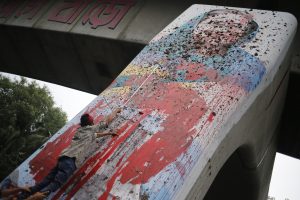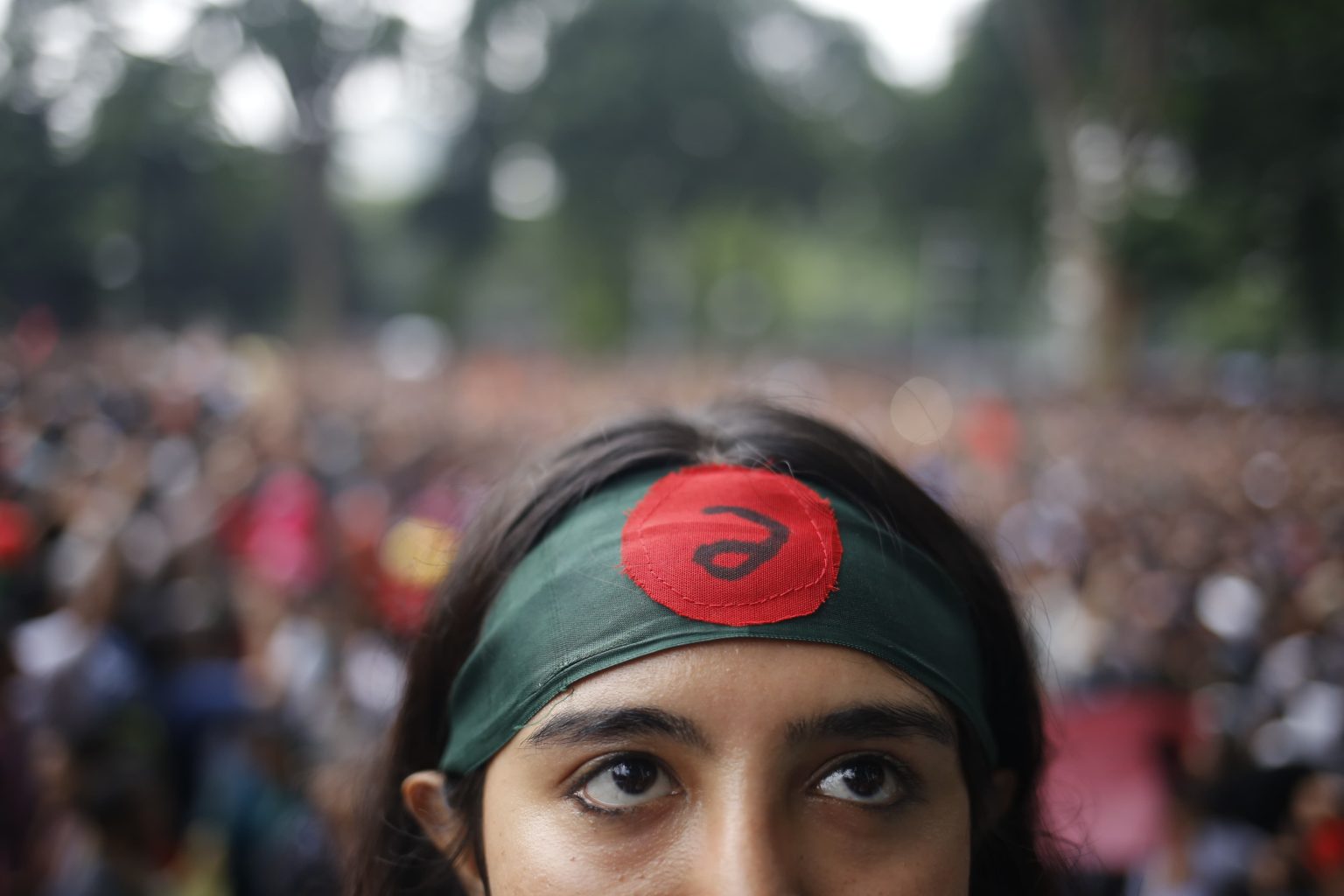Why is it crucial to announce a July Charter based on consensus among all political parties? Because only a future elected parliament– to be formed in accordance with this Charter– can legitimately validate the actions of the current interim administration. Does that mean the question of this government’s legitimacy arises? It’s a matter worth examining.
Since August 2024, Bangladesh has been navigating an unprecedented constitutional limbo. The country has no elected parliament and no cabinet. Instead, it is being run by a group of advisers, led by Nobel laureate Muhammad Yunus, appointed by the President.
But who exactly are these advisers? Are they mere consultants to the President of the republic, or de facto rulers of the state? And what is Dr Yunus’s role– chief adviser or shadow prime minister?
In mid-2024, a popular student-led uprising forced the ouster of Sheikh Hasina’s Awami League government. In the wake of the political vacuum, President Mohammed Shahabuddin sought an advisory opinion from the Supreme Court. The full bench, headed by then-Chief Justice Obaidul Hasan, offered a non-binding opinion under Article 106 of the Constitution: in an emergency, the President may appoint advisers to assist in executive functions.
On this basis, on August 8, Dr Yunus was sworn in as “Chief Adviser” along with a handful of prominent citizens. Since then, this advisory council has been effectively running state affairs– managing national budgets, holding meetings with diplomats, and overseeing administration and security.
Legal experts argue this structure has no constitutional standing. There is no provision for a “government of advisers” in Bangladesh’s Constitution.
Article 48(3) states the President must act on the advice of the Prime Minister– yet no Prime Minister exists. Article 55(2) requires the Cabinet to be accountable to parliament– but parliament has been dissolved.

So, to whom these advisers are accountable to? They weren’t elected. They don’t report to a parliament. Critics describe the current setup as a form of “constitutional stitching”– an improvised fix to a legal vacuum.
Dr Yunus, best known for founding Grameen Bank, is now at the centre of Bangladesh’s political reality. He chairs administrative meetings, leads diplomatic engagements, and was the face of the national budget proposal. When asked in an interview whom he advises, he responded, “I haven’t thought about it that way.”
That ambiguity reflects the structural confusion. While his official title is “Chief Adviser,” in practice, he performs the role of a head of government.
This quasi-executive model resembles a quasi-presidential system, where the President assumes a much stronger role, supported by unelected technocrats acting as an extended office– without any democratic mandate or parliamentary check.
Bangladesh’s previous experience with non-elected interim governments– like the constitutionally mandated caretaker governments between 1996 and 2007– had clear boundaries: their sole responsibility was to oversee elections in 90 days. The then president Iajuddin Ahmed was its head before a quasi-military government headed by Fakhruddin Ahmed took over on January 11, 2007 amid political turmoil. The Fakhruddin administration took nearly two years to conduct the national election in late 2008 and its tenure was ended until January 6, 2009. The Supreme Court later condoned the Fakhruddin government. The constitutional provision of caretaker government was eventually abolished in 2011.
Now, the current interim structure has no electoral mandate, no constitutional timeline, and no obligation to hold elections. Legal scholars warn that the longer this vacuum persists, the more it risks becoming permanent– a direct threat to democratic norms.
The only path forward is a credible, participatory national election. The military, which has supported the transition, reportedly favours a swift handover to an elected government. The opposition BNP calls for elections in December 2025, while Dr Yunus has proposed April 2026.
Regardless of the date, the election must be inclusive, transparent, and widely accepted. For that to happen, the current interim structure must act as a neutral facilitator– not a permanent replacement.
Until then, Bangladesh remains governed not by a cabinet, but by constitutional ambiguity– and by a Nobel laureate whose role is as undefined as the moment he now leads.
Note: This write-up was updated with additional information on the provision of constitutionally mandated caretaker government.


